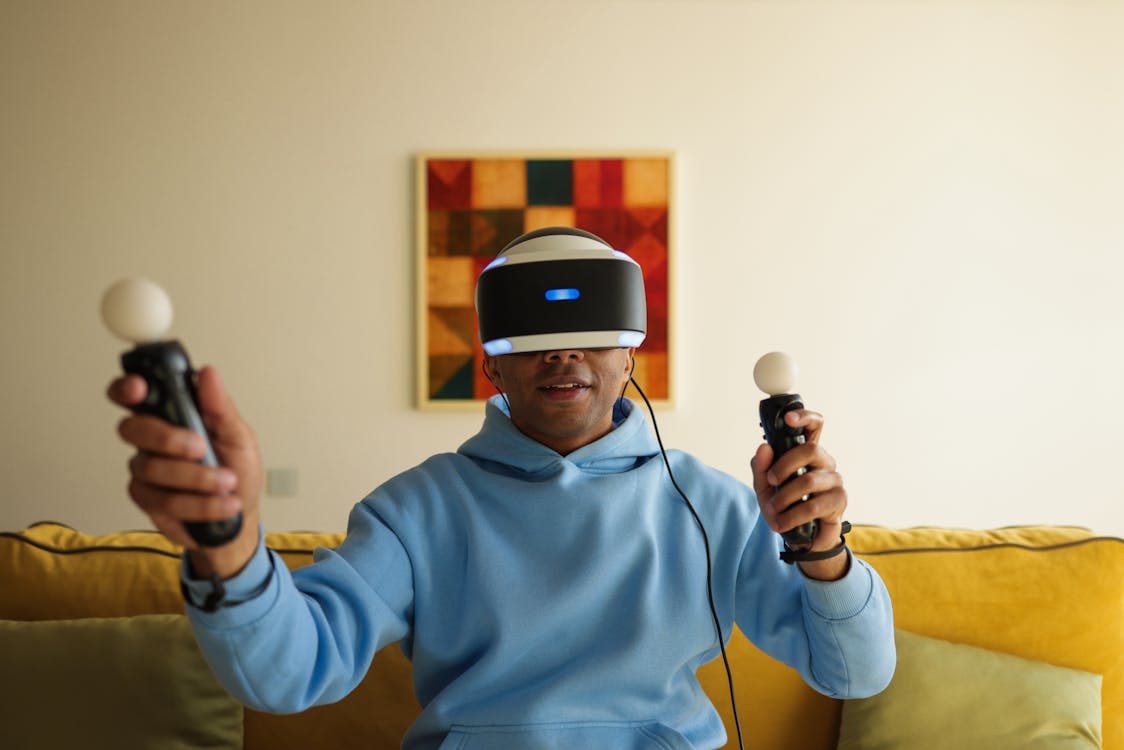A group of leading authors, and child-development experts have written a letter sharing their concern on “toxic childhood”. Their letter is calling on the UK government to introduce national guidelines on the use of screens. This is amid concern about the impact on children’s physical and mental health.
Their letter is recommending a few things that parents and authorities should keep in mind.
Education should focus on social and emotional development
When it comes to combating a toxic childhood, the group of experts recommends education for three- to seven-year-olds, which emphasizes social, emotional development and outdoor play. Secondly, they recommend that recognized authorities on child health and development should draw up guidelines on screen-based technology. This should focus on children up to the age of 12 years old.
According to the group, Children’s health and wellbeing are being undermined by the decline of outdoor play, increasingly screen-based lifestyles, a hyper-competitive schooling system and the unremitting commercialisation of childhood.
Physical and Mental Health
According to the experts, children’s physical and mental health will continue to deteriorate, with long-term results if action is not taken. For children to develop the self-regulation and emotional resilience required to thrive in modern technological culture; they need engagement with caring adults and plenty of self-directed outdoor play. This should occur during the early years of 0–7.
According to Sue Palmer, one in six children in the developed world is diagnosed as having ‘developmental or behavioural problems and her book Toxic Childhood explains why and shows what can be done about it. As a former headteacher and literacy expert, she highlights a whole range of problem areas. These range from poor diet, lack of exercise and sleep deprivation to a range of modern difficulties.
Some of these modern difficulties which are adding to toxic childhood include the excessive consumption of television, computer games and the use of mobile phones. In addition to these is the increasingly busy and stressed life of parents.
Children Need Love and Play
According to Palmer, who chairs the Upstart Scotland campaign to introduce kindergarten-style education for under-sevens; apart from basic material needs such as food and shelter; there are two essential ingredients children need to survive and thrive, which are love and play.
Thanks to the consumer culture, parents think that what children need is the stuff you can buy in the shops. This type of thinking adds to the potential of a toxic childhood. Parents and the modern world have become obsessed with trying to teach children everything they need to know. However, Palmer points out that you can’t teach things like self-regulation and resilience; these have to develop, through personal experience. What parents can do is model such skills through their lives and interactions.
you can’t teach things like self-regulation and resilience; these have to develop, through personal experience. Share on X
According to Dr Sharie Coombes, a child, and family psychotherapist, a model to achieve excellent results and mentally healthy young people is critical.
While there are some guidelines on how much screen time is ideal for children, parents should keep in mind that children need to spend more time off-screen. There is a lot of benefit in outdoor play and other basic childhood joys.
Read Also
How to Improve your Mental and Emotional Health



